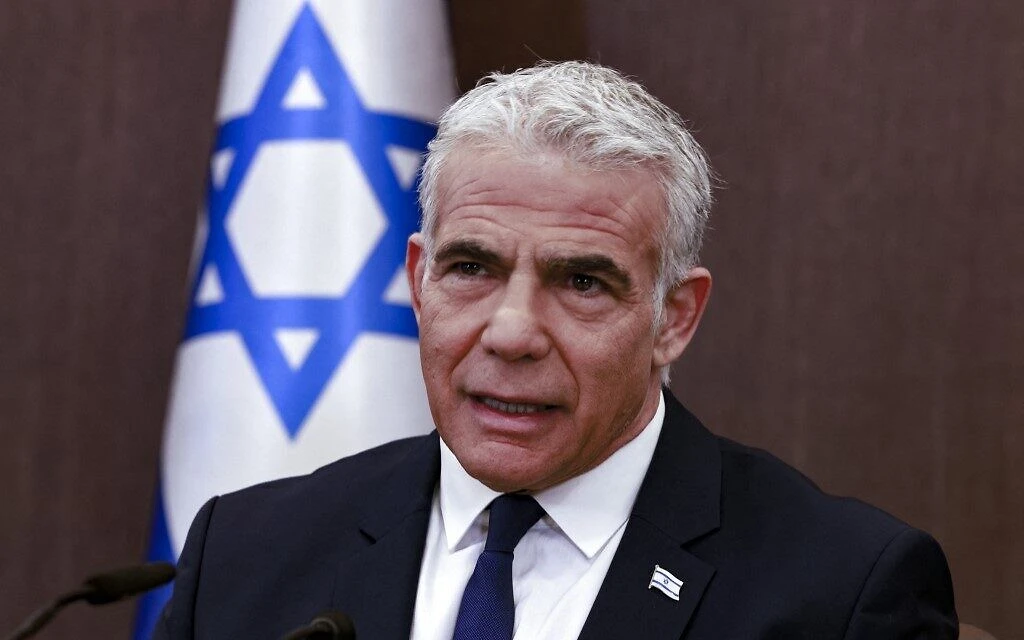Israel used US-made bomb in attack on Hezbollah leader Nasrallah
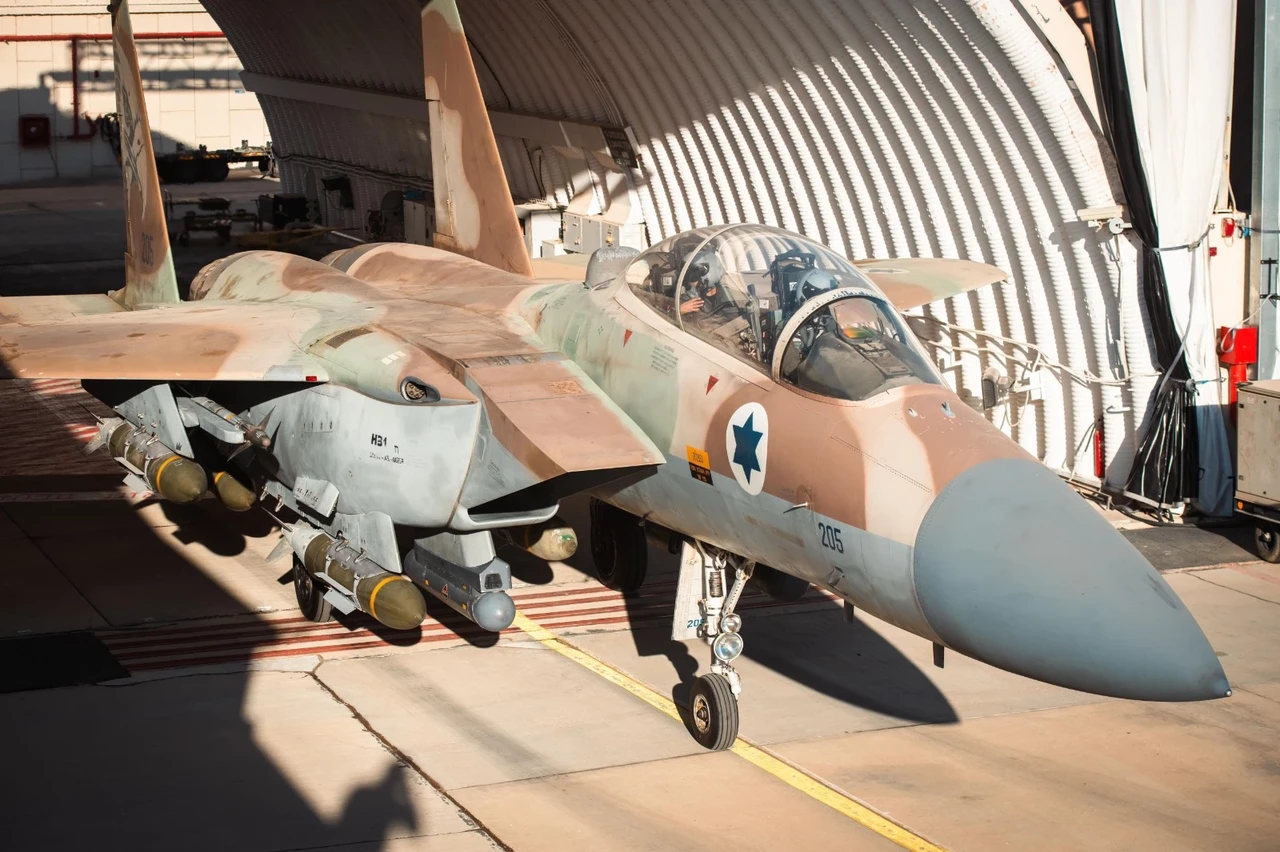 Israeli Air Force's F-15I fighter jets that did the airstrike on Hezbollah leader Hassan Nasrallah. (Handout/Israeli Army)
Israeli Air Force's F-15I fighter jets that did the airstrike on Hezbollah leader Hassan Nasrallah. (Handout/Israeli Army)
Israel used an American-made guided bomb in the airstrike that killed Hezbollah leader Hassan Nasrallah in Beirut last week, according to U.S. Senator Mark Kelly.
US-made bomb used in Nasrallah airstrike, Senator confirms
During an interview with NBC News, Kelly, who chairs the U.S. Senate Armed Services Airland Subcommittee, revealed that a 2,000-pound Mark-84 series bomb was used in the operation.
“We see more use of guided munitions, JDAMs, and we continue to provide those weapons,” Kelly said, referring to Joint Direct Attack Munitions (JDAMs). “That 2,000-pound bomb that was used, that’s a Mark 84 series bomb, to take out Nasrallah,” he added.
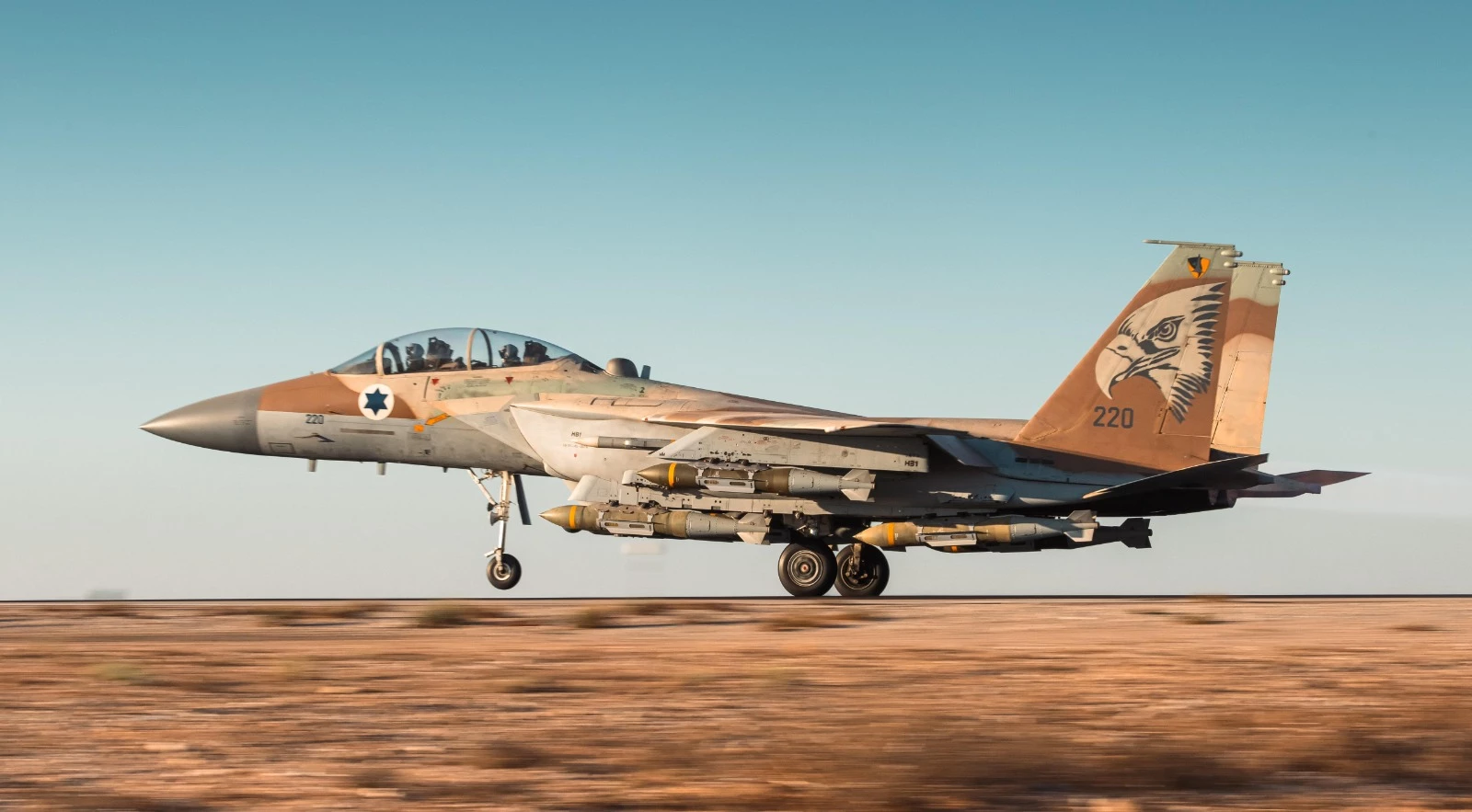
JDAM technology converts unguided bombs to precision weapons
The Mark-84 bomb used in the attack was equipped with JDAM technology, which converts a standard unguided bomb into a precision-guided weapon using fins and a GPS guidance system.
JDAMs are widely used in modern warfare to increase accuracy and minimize collateral damage.
Israel and US decline to comment on weaponry
While the Israeli military has not confirmed the details of the weapon used in the strike, Kelly’s statement marks the first U.S. acknowledgment of the munitions involved in the operation. The Pentagon has yet to issue an official comment on the matter.
Nasrallah’s death came amid escalating tensions between Israel and Hezbollah, a militant group backed by Iran, which has been involved in ongoing cross-border conflicts with Israel.
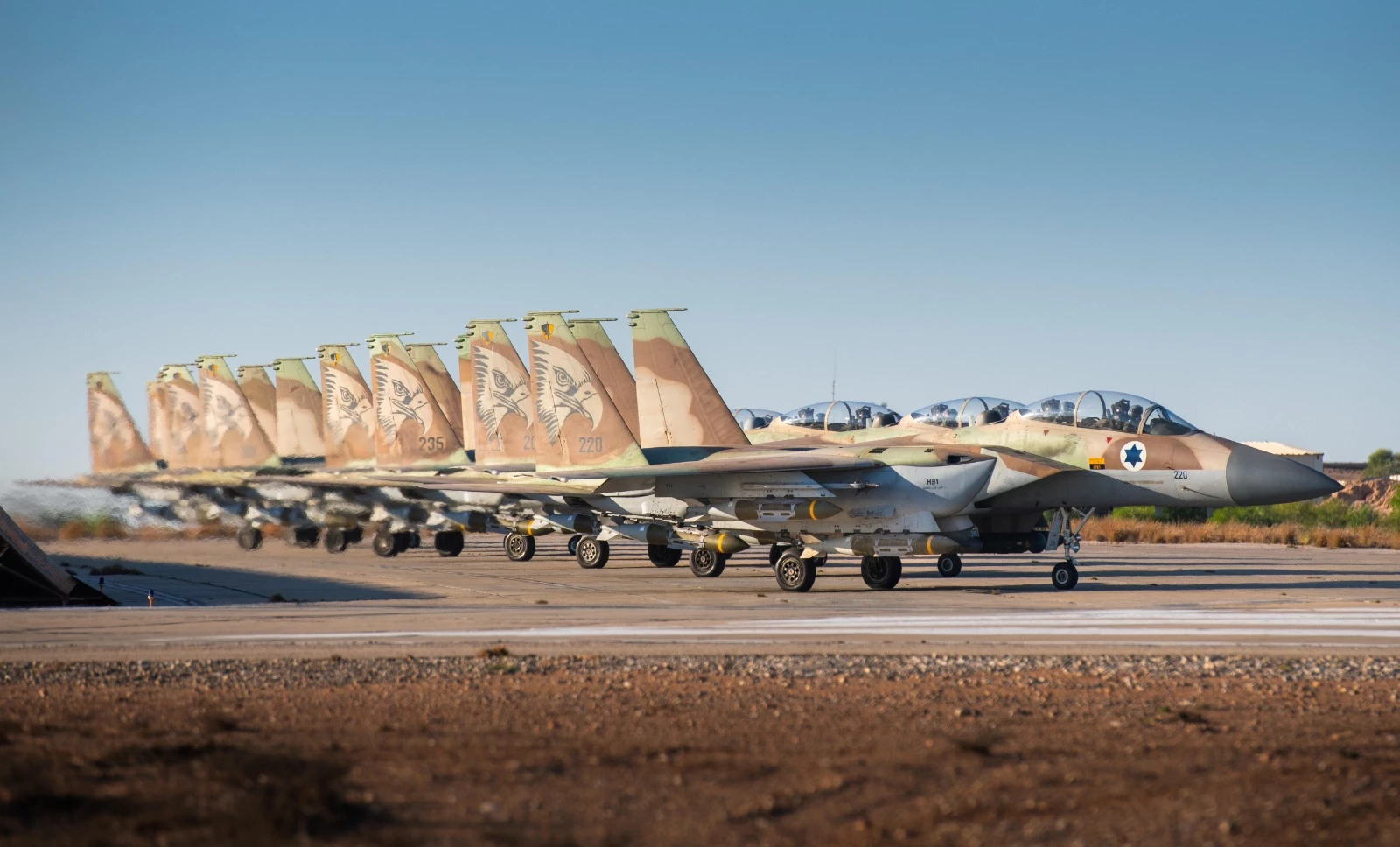
Israeli airstrikes killed dozens of people in Lebanon on Sunday as Hezbollah confirmed the death of its deputy head of the Central Council, Nabil Kaouk, marking the seventh senior Hezbollah leader killed in Israeli strikes over the past week. Kaouk’s death follows the assassination of Hezbollah leader Hassan Nasrallah and senior commander Ali Karaki in earlier strikes.
The Israeli military reported hitting about 120 Hezbollah targets across southern Lebanon and deeper into Lebanese territory.
Civilian casualties rise amid widespread airstrikes
At least 69 people were killed in the airstrikes on Sunday, including 24 in the southern village of Ain al-Delb.
In northern Baalbek Hermel, Israeli strikes claimed 21 lives, with 47 others injured. The Lebanese Health Ministry also reported that 14 medics were killed in southern Lebanon over the weekend as airstrikes continued to hit residential areas, with the death toll expected to rise.
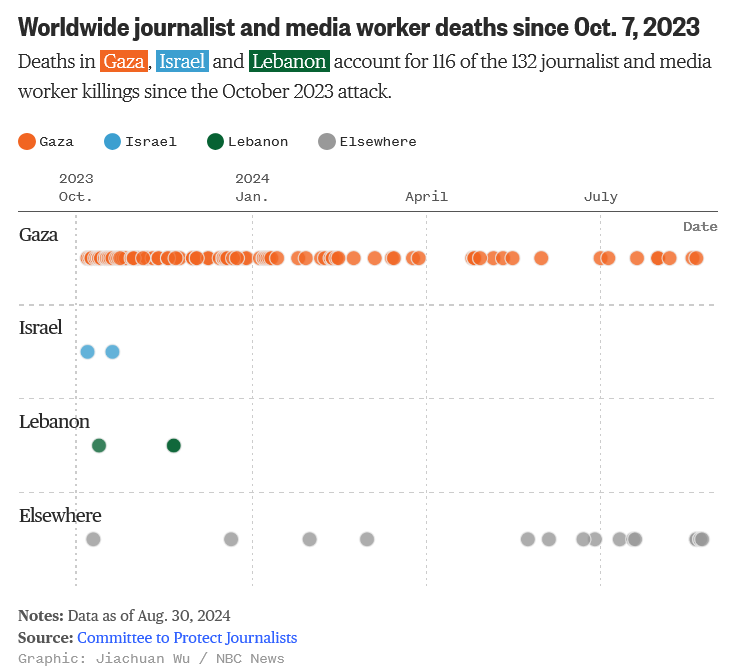
Syria and Hezbollah reaffirm alliance
Syrian President Bashar al-Assad sent a letter to the family of Hassan Nasrallah, expressing his condolences and affirming Syria’s ongoing alliance with Hezbollah.
Diplomatic efforts to address Lebanon crisis
British Foreign Minister David Lammy and his French counterpart, Jean-Noel Barrot, discussed efforts to end the bloodshed and support a diplomatic solution in Lebanon. France is sending humanitarian aid to Lebanon, with Barrot expected to arrive in Beirut soon.
Israeli strikes target Houthi forces in Yemen
In a separate development, Israeli airstrikes targeted Houthi-held areas in Yemen, including power plants and ports in Hodeida, following a ballistic missile attack by the Houthis on Ben Gurion Airport in Israel.
Hezbollah responds with increased rocket fire
In response to the escalated Israeli airstrikes, Hezbollah ramped up its rocket and drone attacks on northern Israel, though many of the rockets were intercepted by Israeli defense systems. Despite the increase in fire, the Israeli military claims its strikes have significantly weakened Hezbollah’s capabilities.
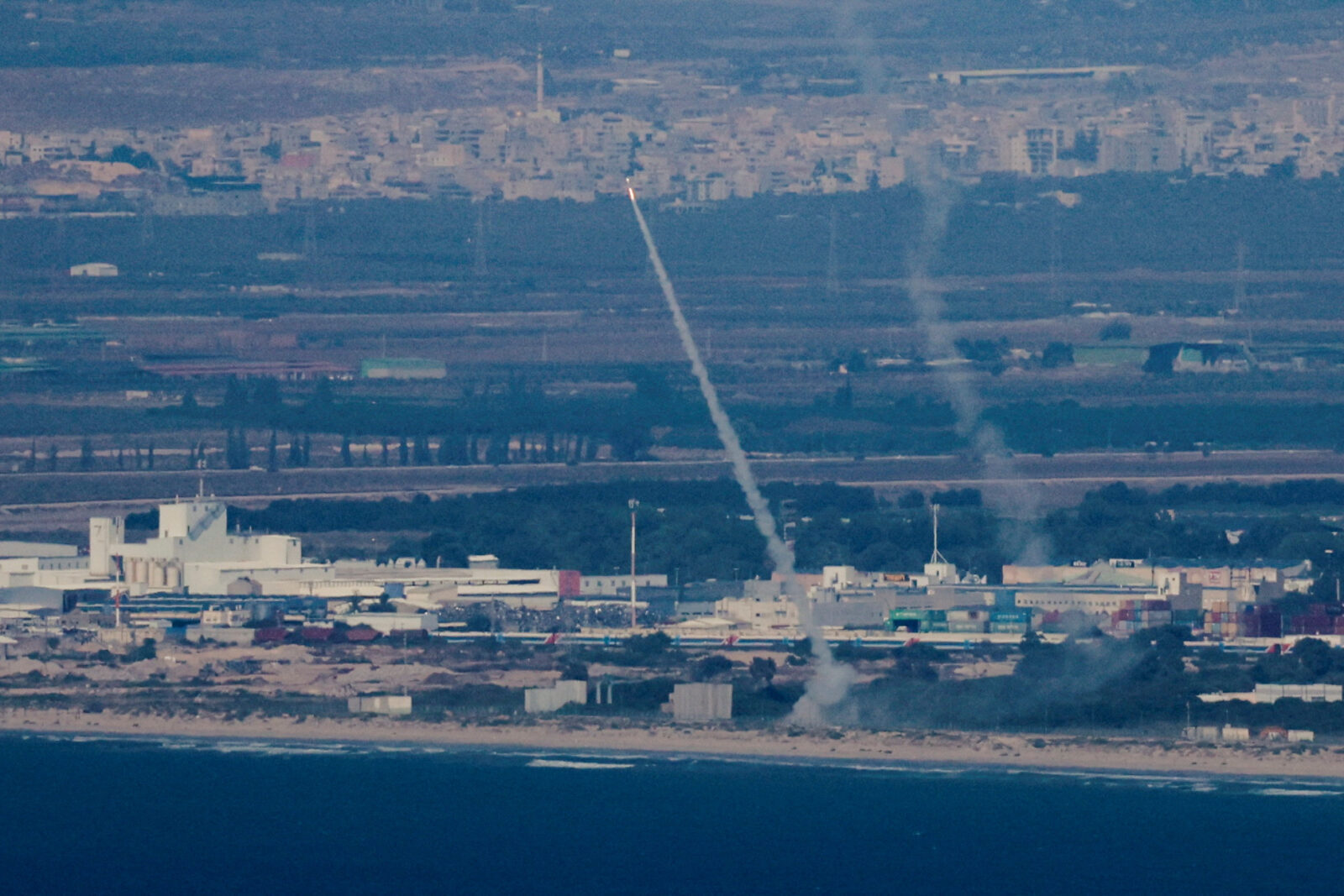
U.S. warns of Hezbollah’s efforts to rebuild
White House national security spokesman John Kirby warned that Hezbollah would attempt to rebuild its command structure following the assassination of its top leaders.
He added that the U.S. is monitoring how Hezbollah will address the leadership vacuum left by these strikes.
